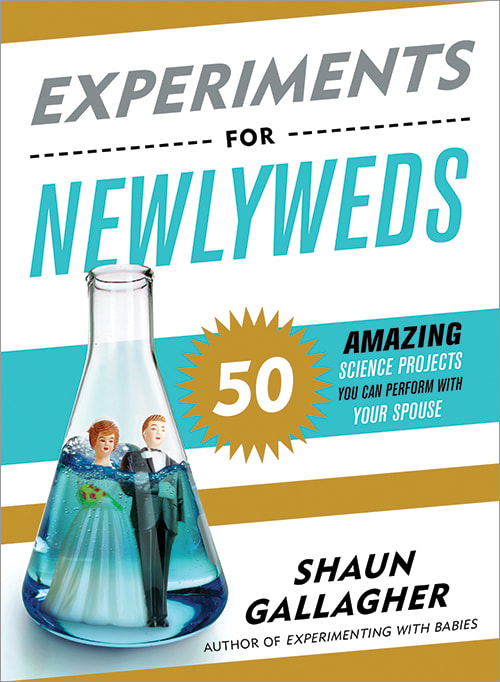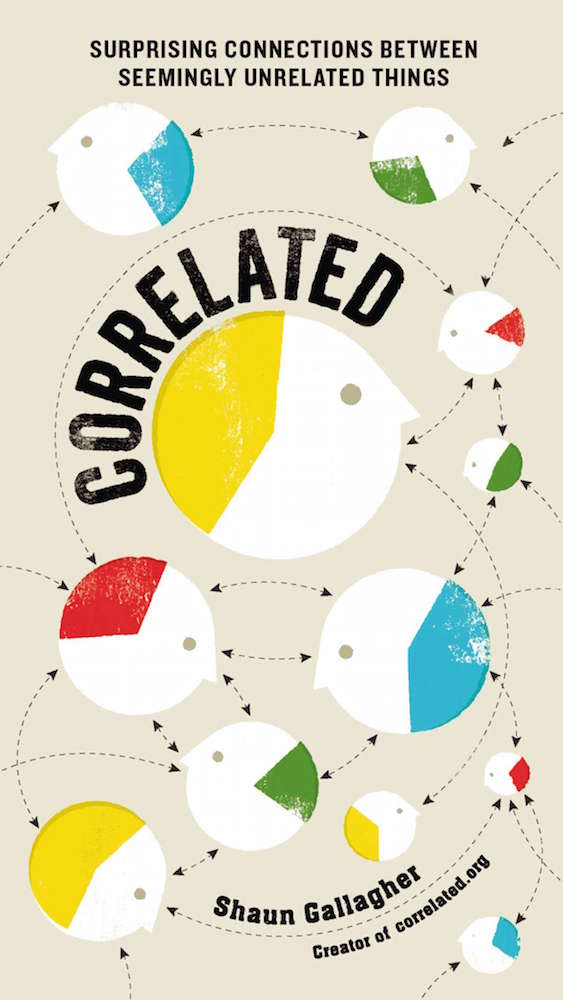Are you dissatisfied with both of the major political parties?
Do you wish there were a viable third party, and voting for that party's candidate didn't feel like a waste — or worse, a vote for your opponent?
Well, I've got some good news for you!
Even if you are not comfortable voting for a third-party candidate in the upcoming election, you can still make third parties more successful in the future.
That's a goal just about everyone should get behind, even if they're generally satisfied with a major party's candidates or platforms, because a political system under which third parties can flourish benefits everyone, including members of the major parties, by allowing democracy to work with less gaming of the system.
Below is a list of simple steps you can take to help make it possible for third-party candidates to have a successful run for office in future elections:
Advocate for voting reform
This is the single-most impactful thing you can do to help remove the restraints that prevent third parties from succeeding.
Our current voting system is known as majority voting or "first past the post" voting. This voting system has many drawbacks, one of which is that it puts third parties at an unfair disadvantage.
But majority voting is not the only possible way to run an election.
Alternative voting methods, such as instant runoff voting and approval voting, have been shown to result in greater overall voter happiness and have been used in nationwide elections in other countries, as well as statewide and local elections in the U.S.
One simple way you can advocate for voting reform is to contact your elected representatives and urge them to consider legislation and other action to switch to these superior voting systems.
Expand your knowledge
Research minor parties and sign up to get on the mailing list of those that appeal to you.
You don't have to become a member or abandon your current party affiliation. Just stay informed about what they're doing.
For instance, even if the party doesn't have a strong candidate for national elections, there might be state or local elections where their candidate has a better chance — and if nothing else, you can help get the word out.
Donate
You're worried that donating to a third party will be like voting for a third party: It doesn't pay off under the current two-party system, where third parties are squished out.
Yes, it's true that many minor parties have presidential nominees, and (let's face it) they don't have much of a shot at winning the upcoming election.
But minor parties also field candidates in state and local races, and that's where the chance of success is greatest.
So donating to a well-run minor party isn't throwing money away. It has the potential to make a real difference at the grassroots level.
Pursue change from within
You're a registered Republican or Democrat, you plan to vote for your party's candidates, and you have little interest in third parties.
That's fine.
But if you're not satisfied with how things are being run within your party, please speak up!
Voter dissatisfaction is an important metric, not only when it comes to the country in general but also within the party's ranks.
When voters know that dissatisfaction is widespread, it becomes more apparent that change is possible.
Think about it. If you know that 99 percent of your fellow party members are happy with the party's platform and candidates, you're likely going to feel as if steering the party in a new direction will be a Sisyphean task. But if you know the majority of your fellow party members aren't happy about the status quo, you're more likely to feel that it's possible for the tide to turn.
It is especially important to speak up when you see behavior or policies that benefit your party in the short term but don't uphold principles of a healthy democracy, such as gerrymandering, voter suppression, FOIA denials and exclusions, executive overreach, judicial overreach, croneyism, or other forms of corruption.
A recent study showed that, unfortunately, most Americans are comfortable with anti-democratic behavior as long as it benefits their own party.
But that kind of thinking is short-sighted and ultimately leads to undesirable consequences.
So try to be an agent of change, whether by standing up for what's right within your own party, or by helping to strengthen minor parties that more closely align with your views.



